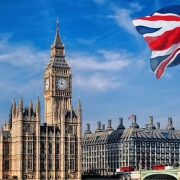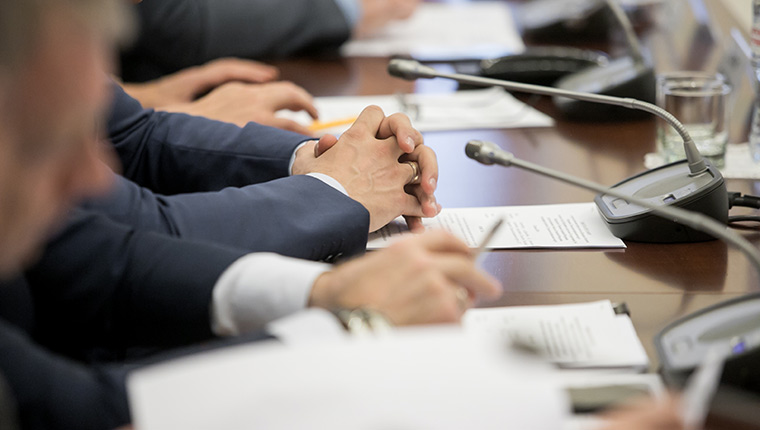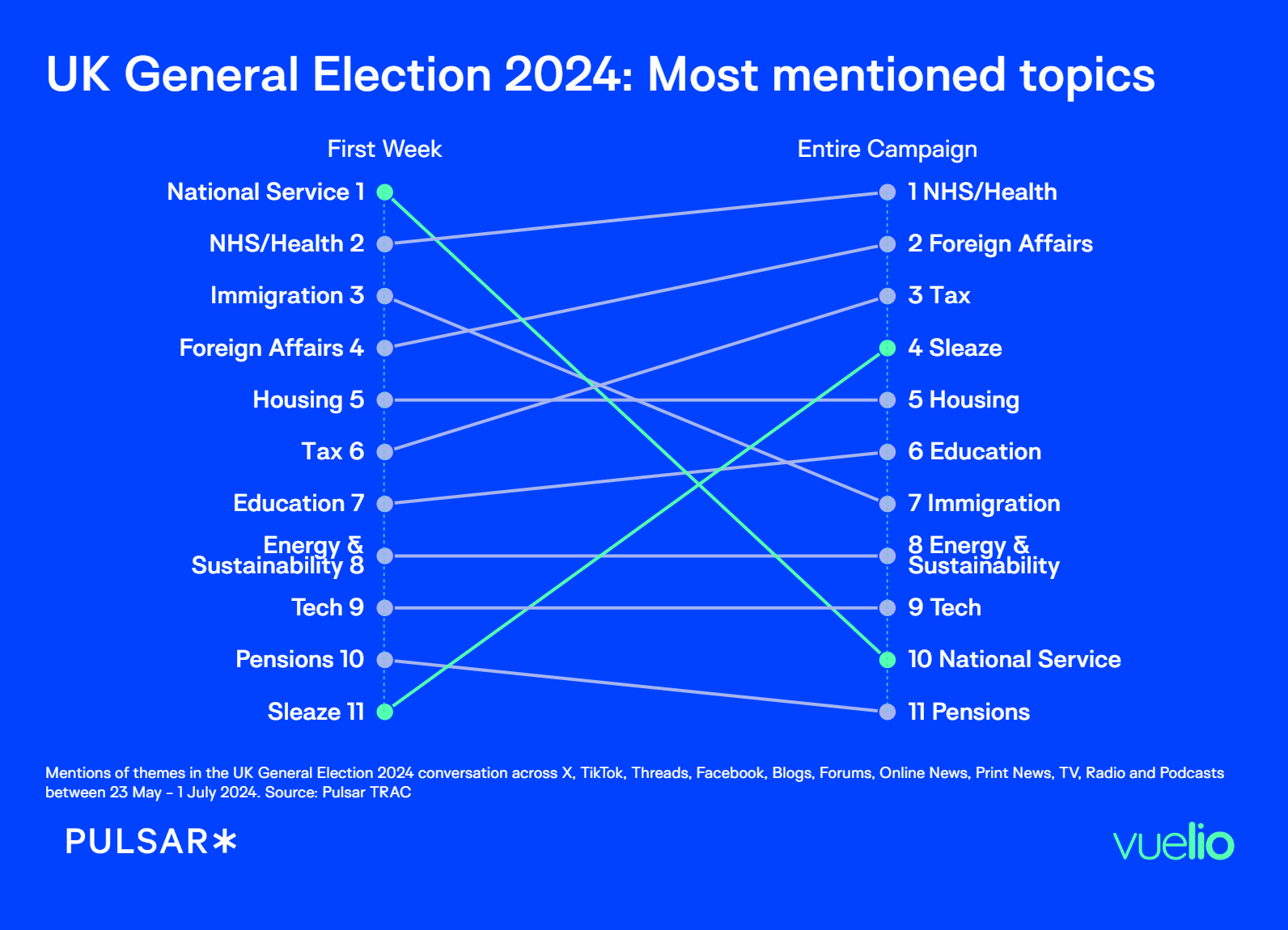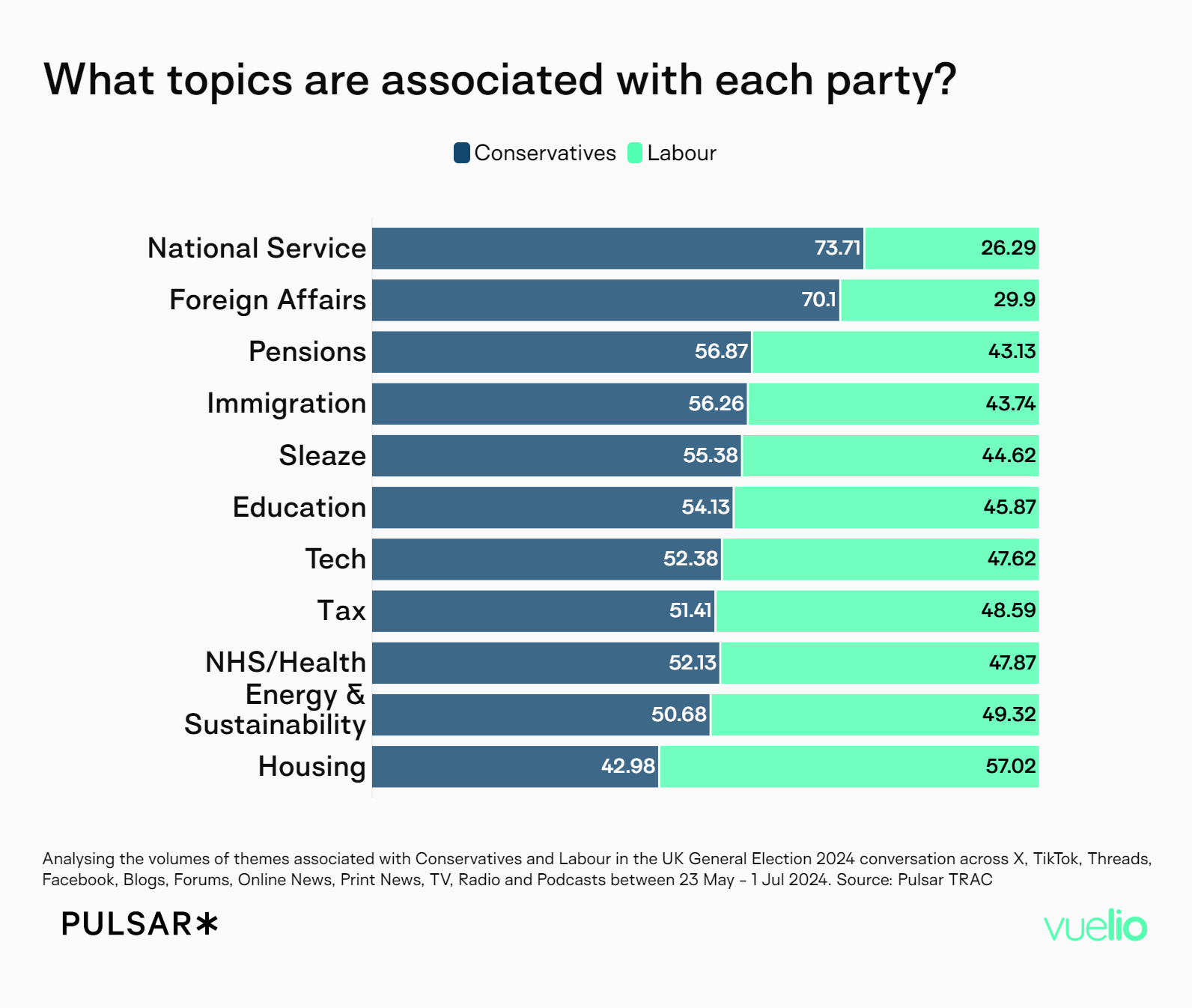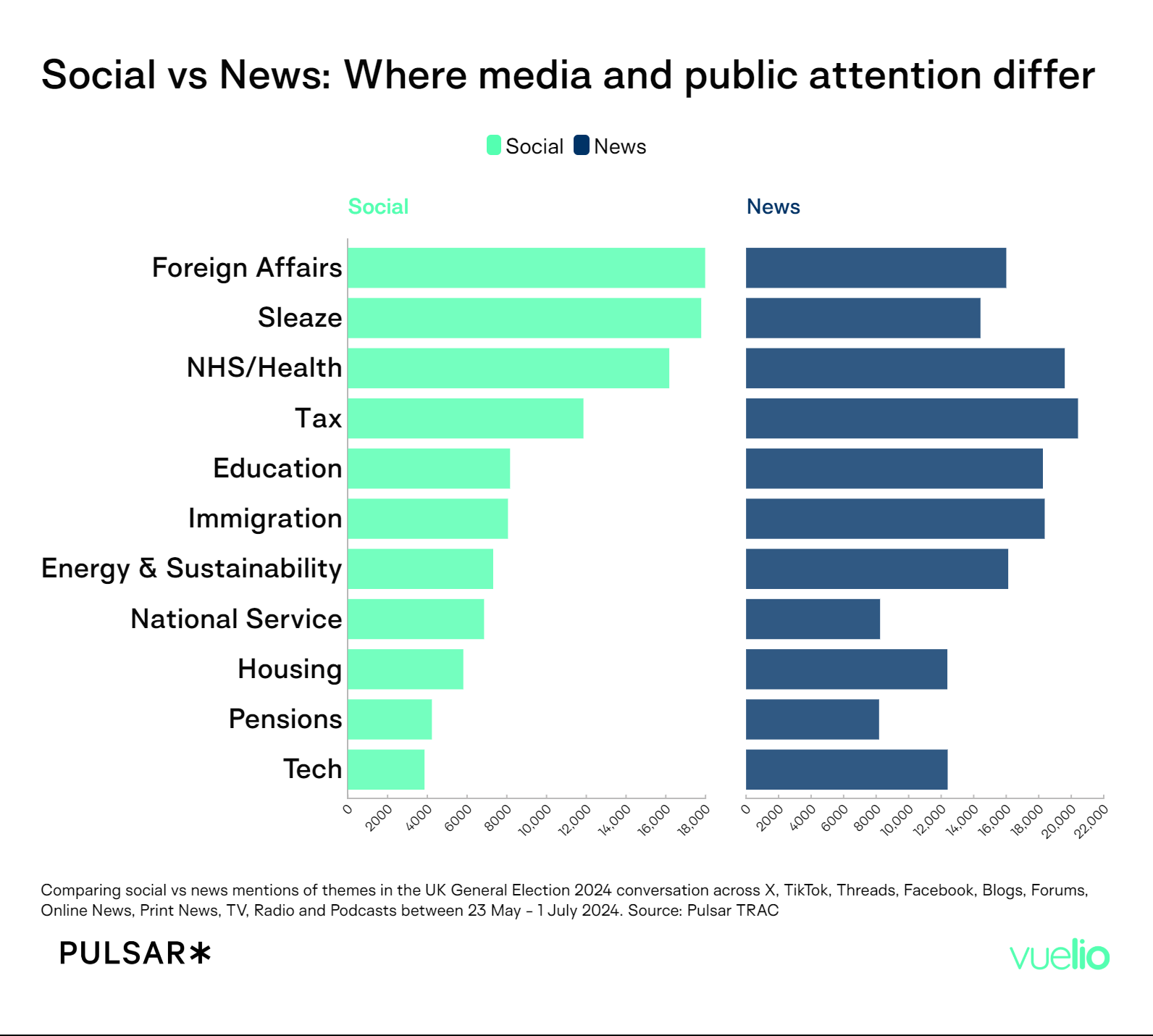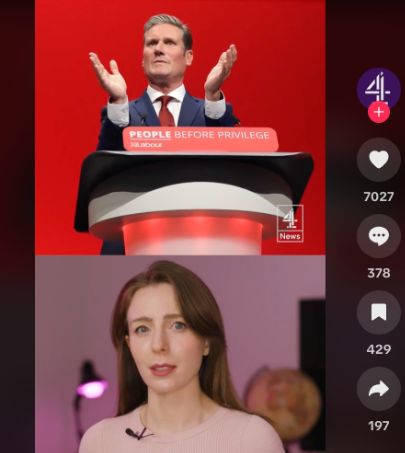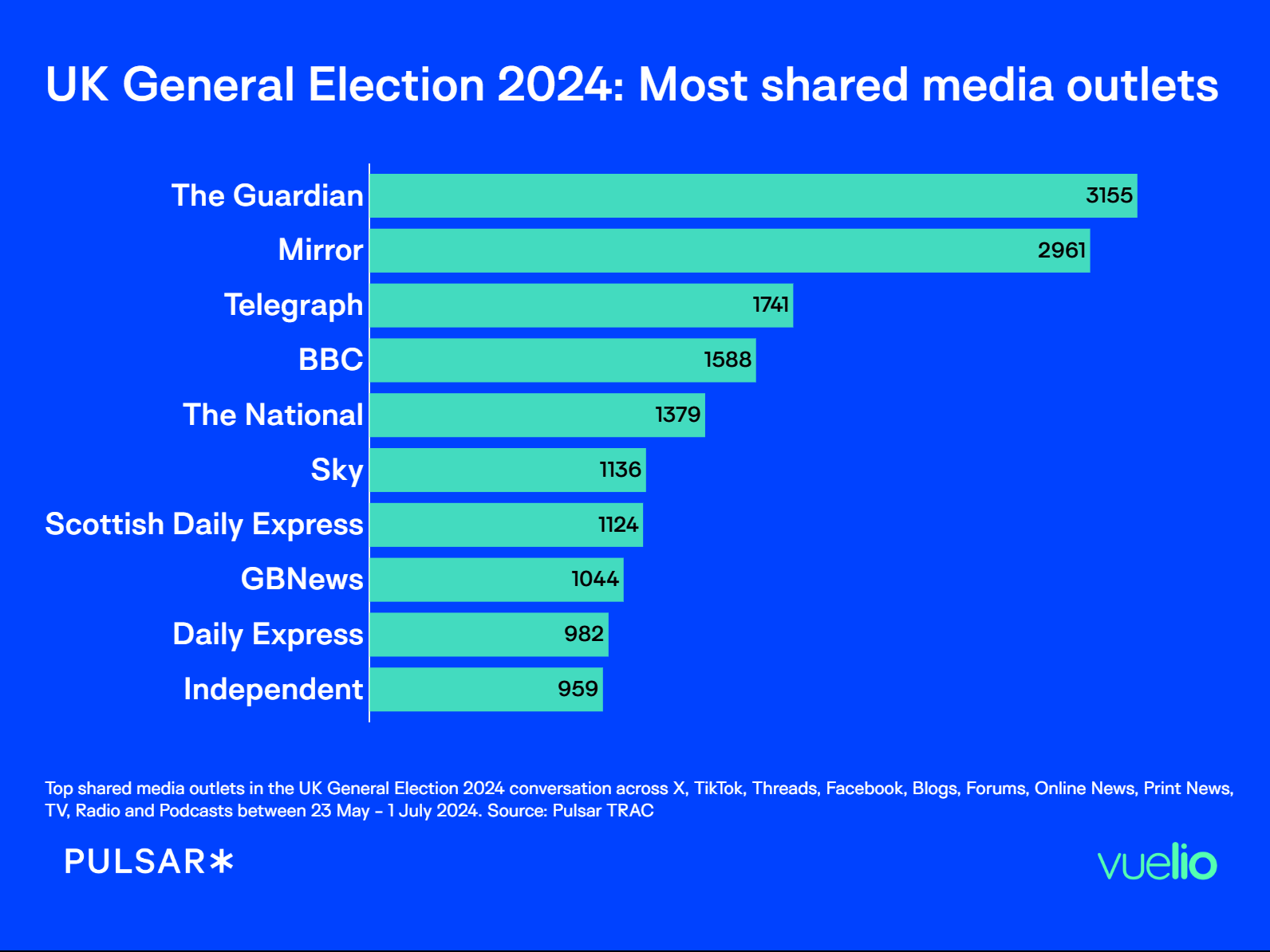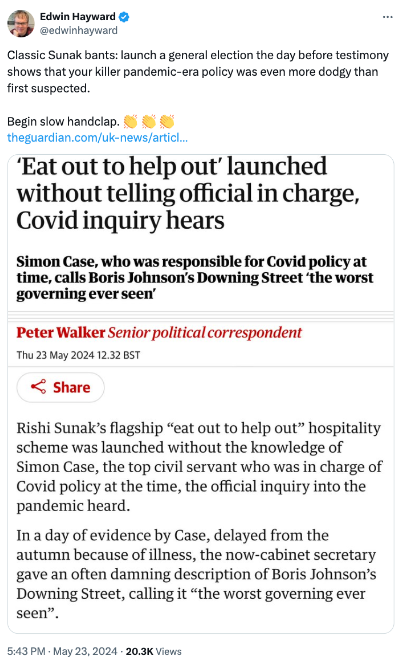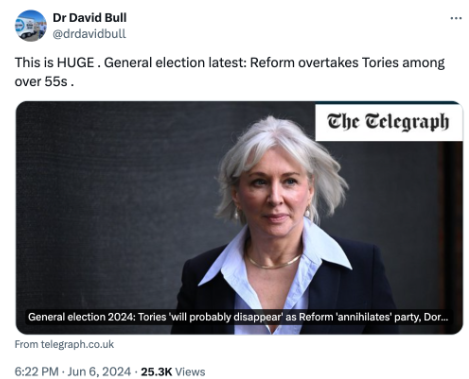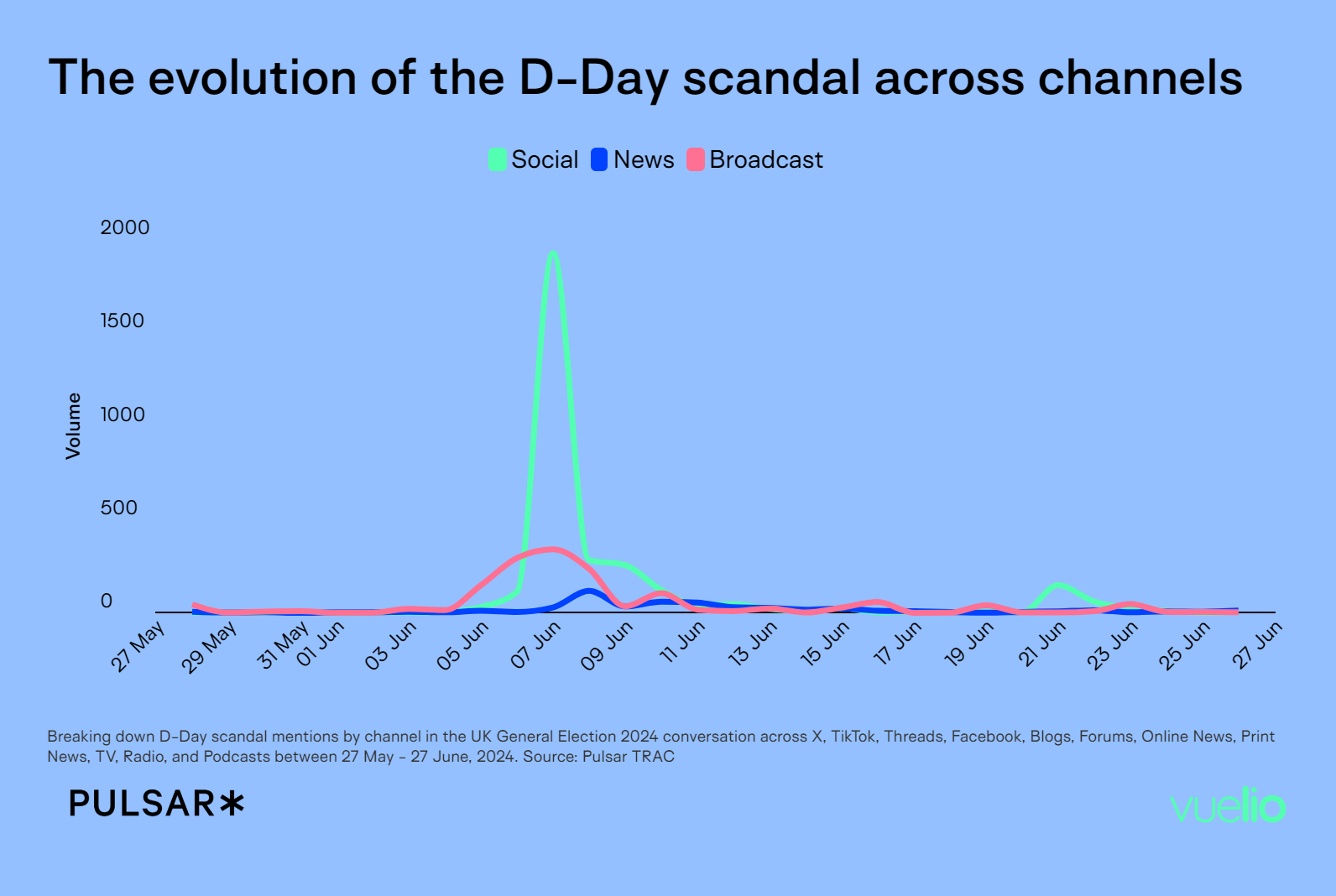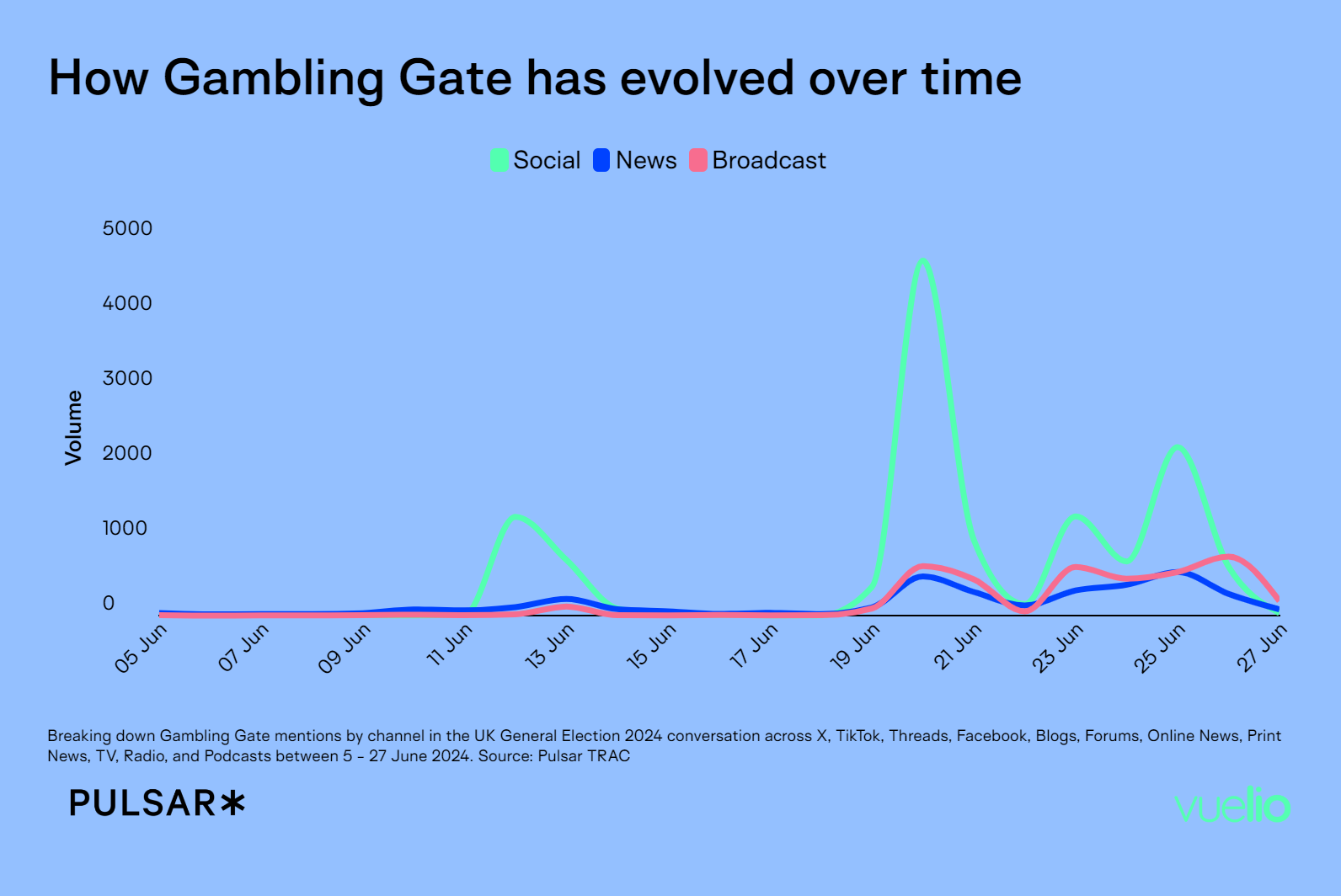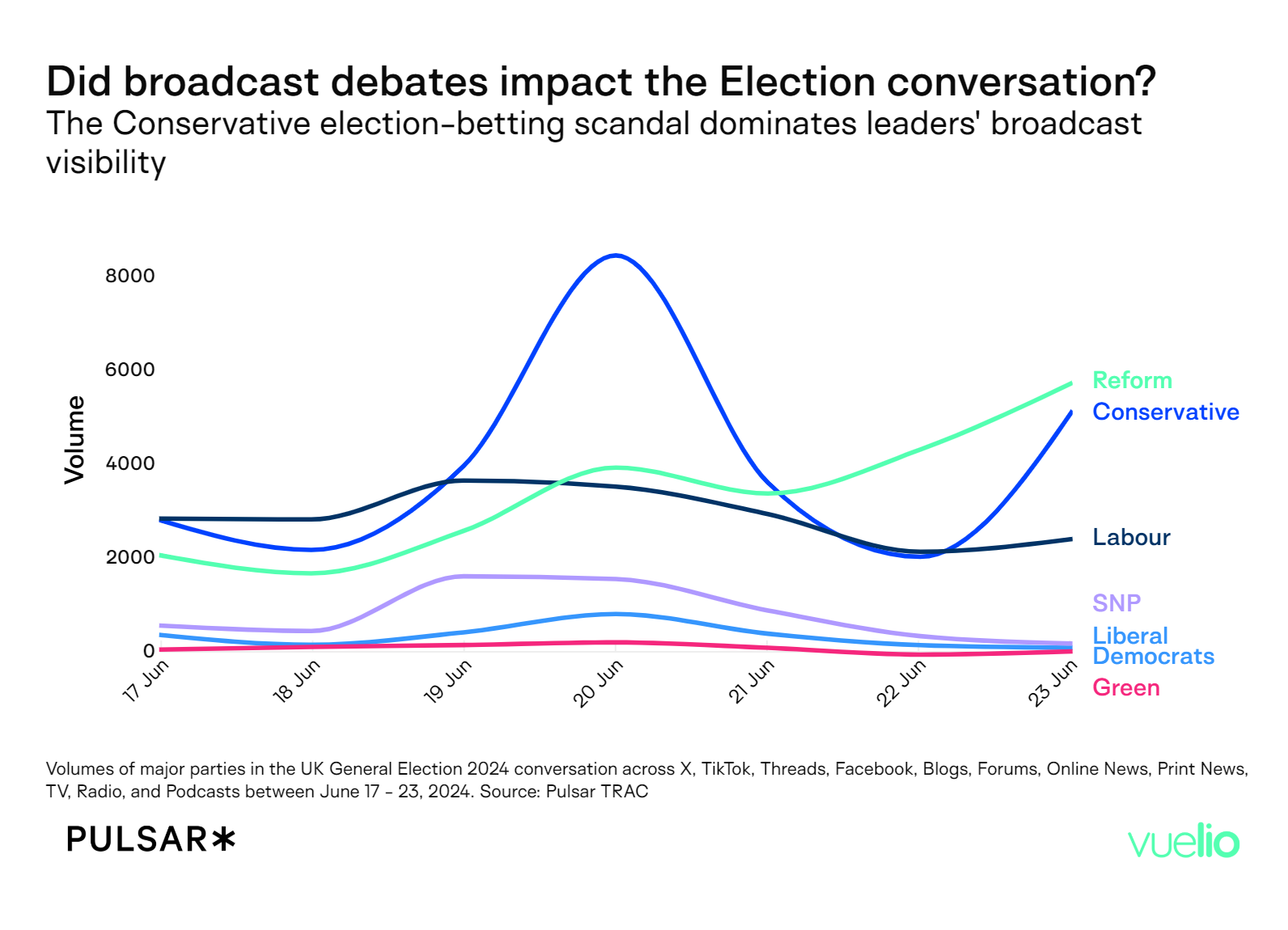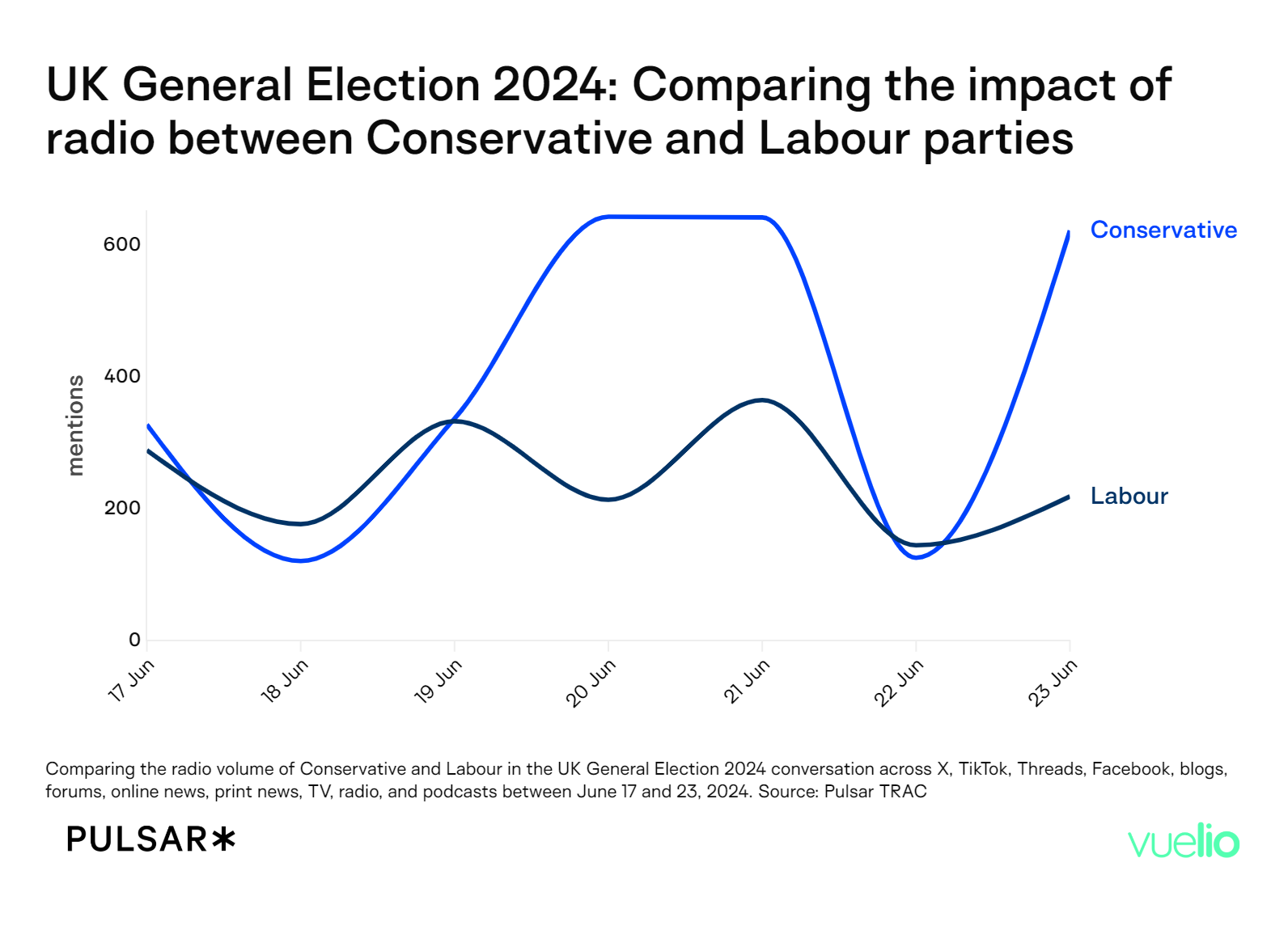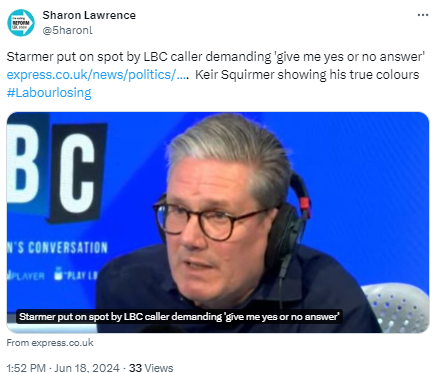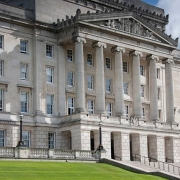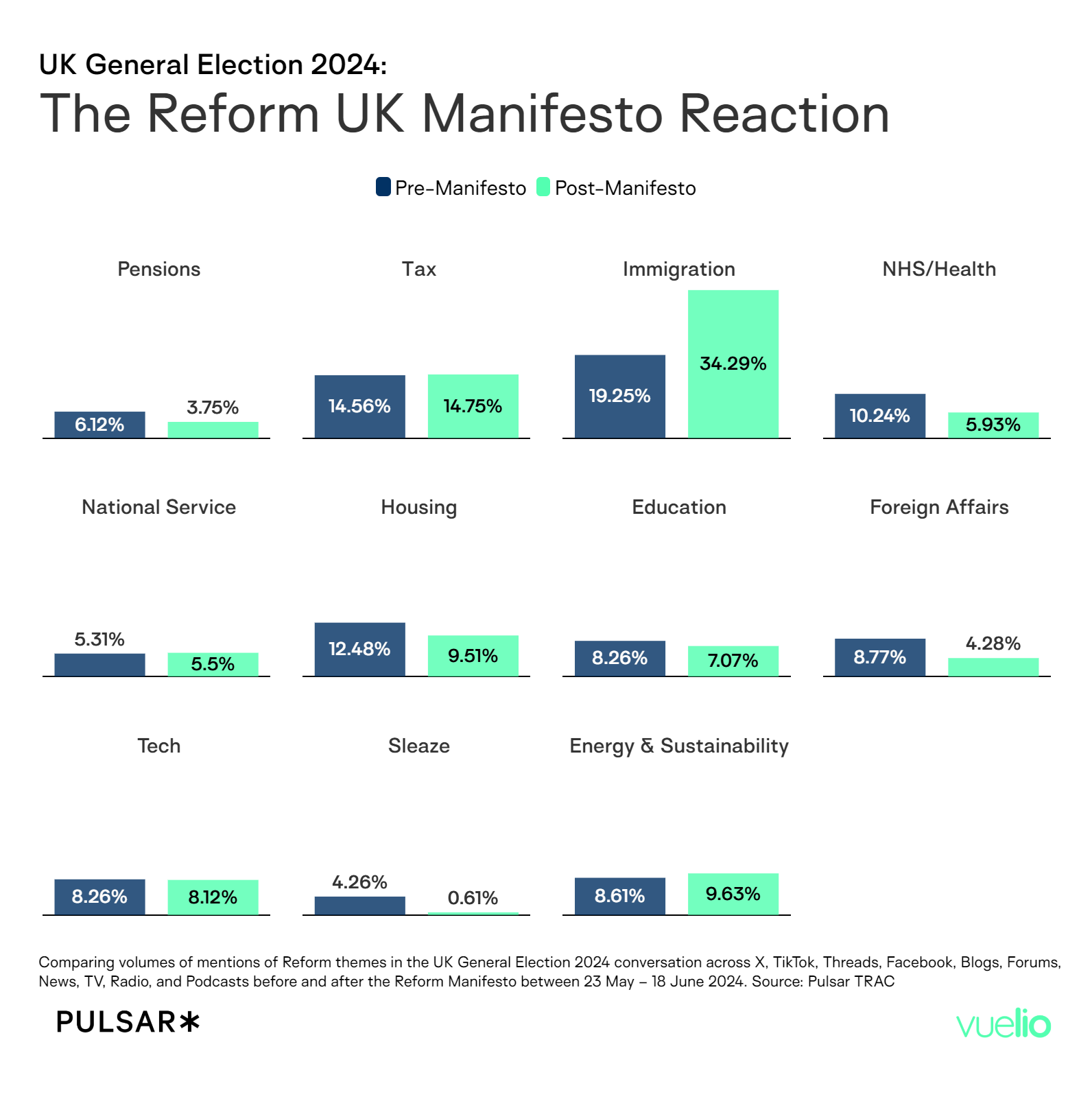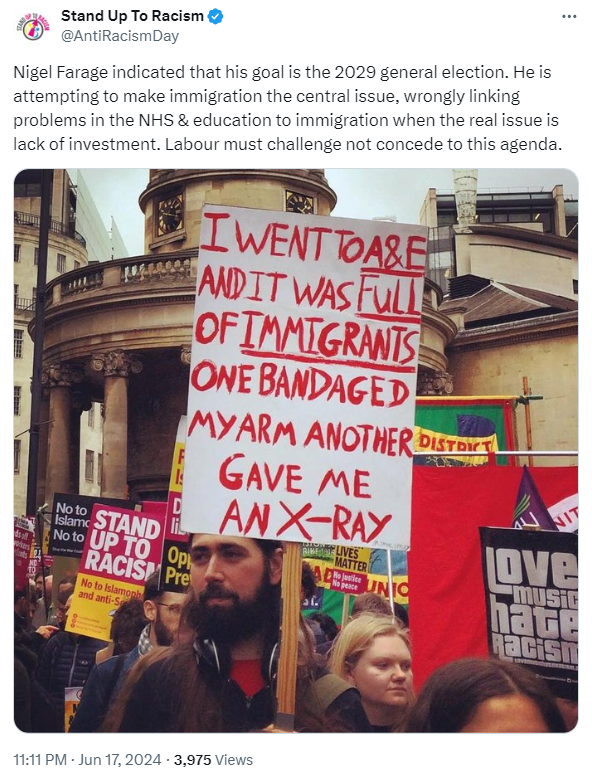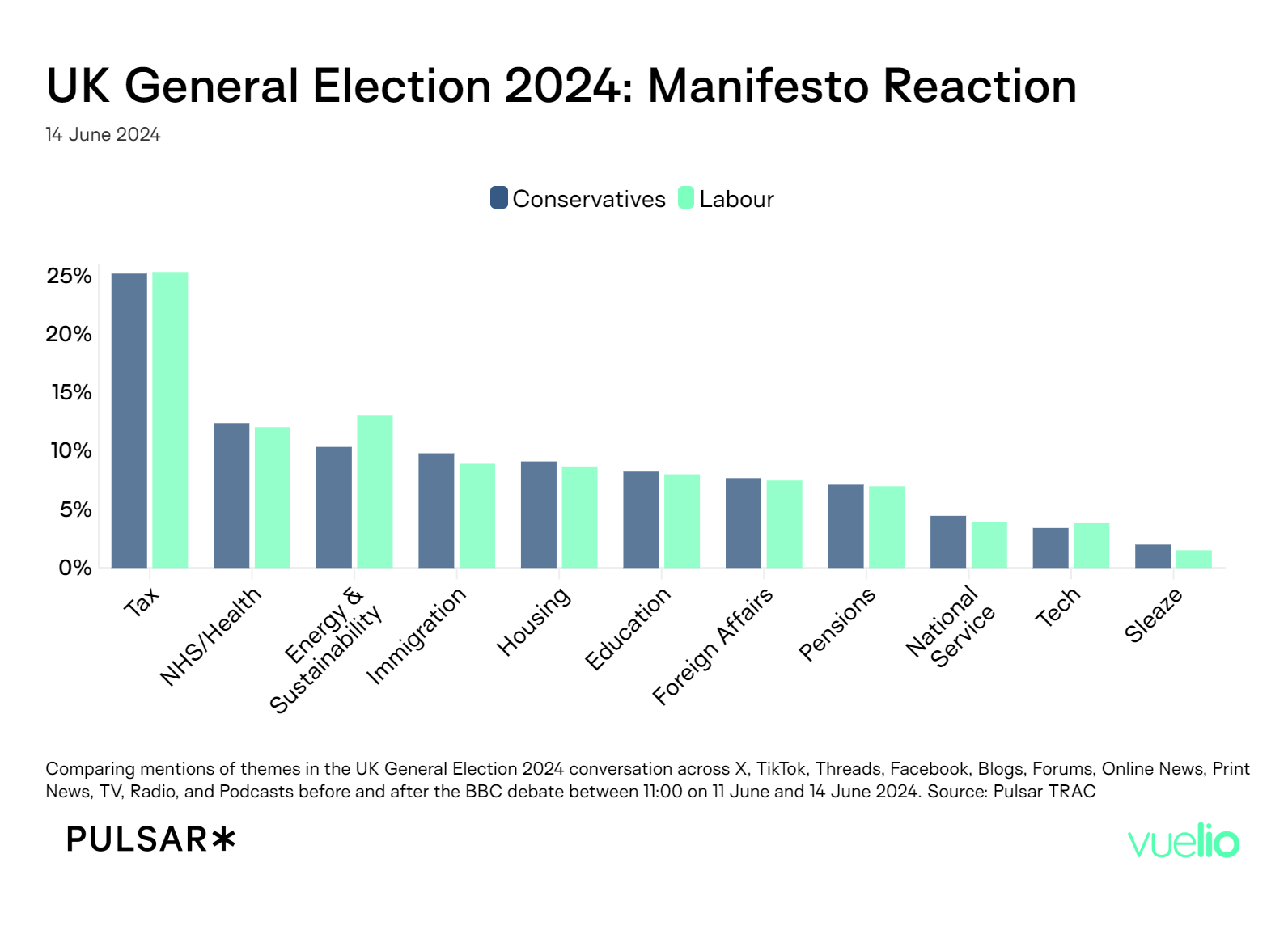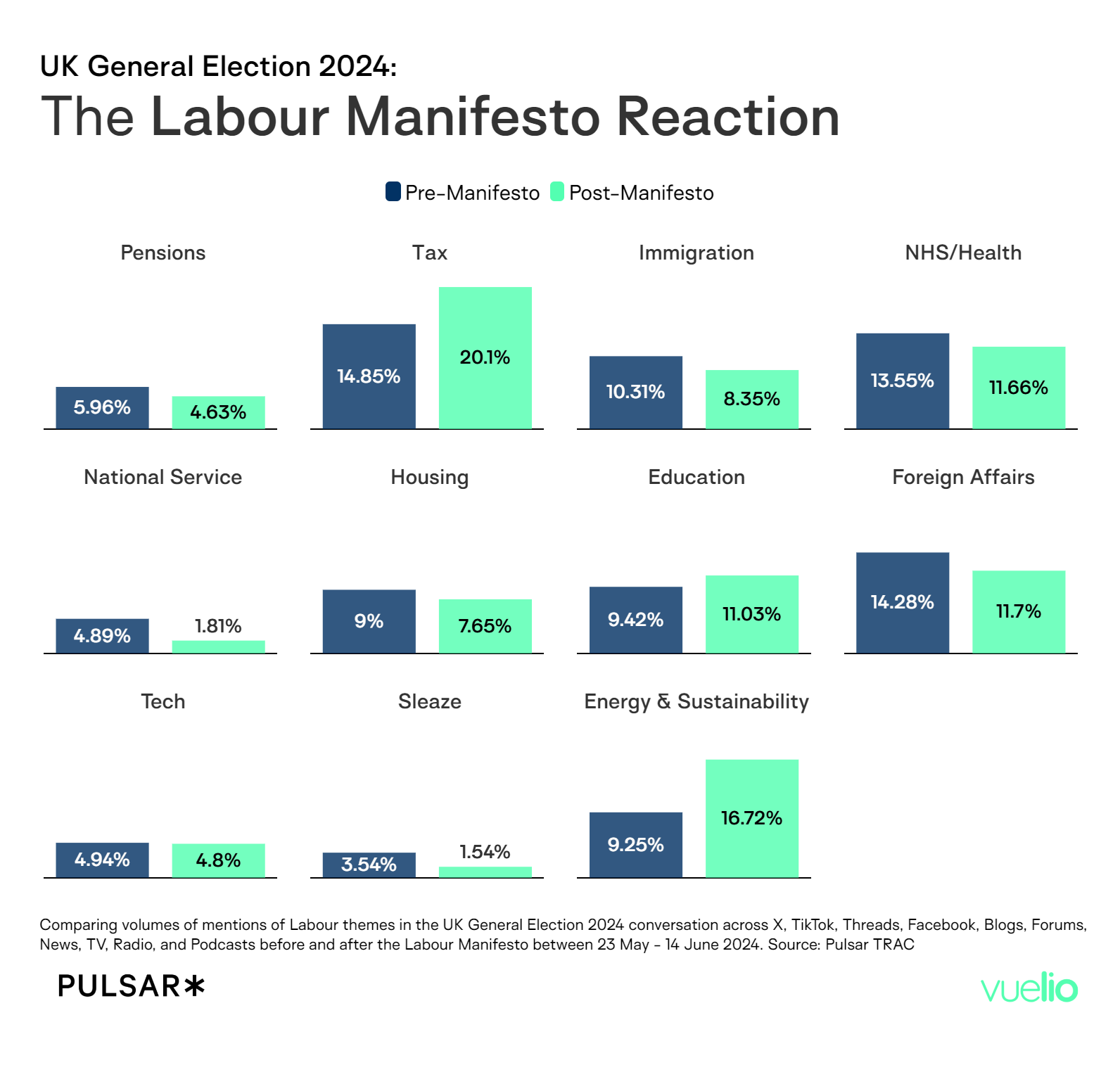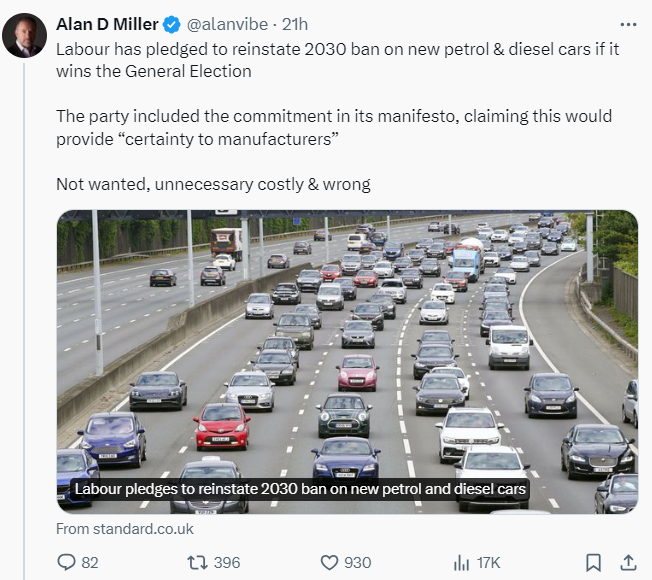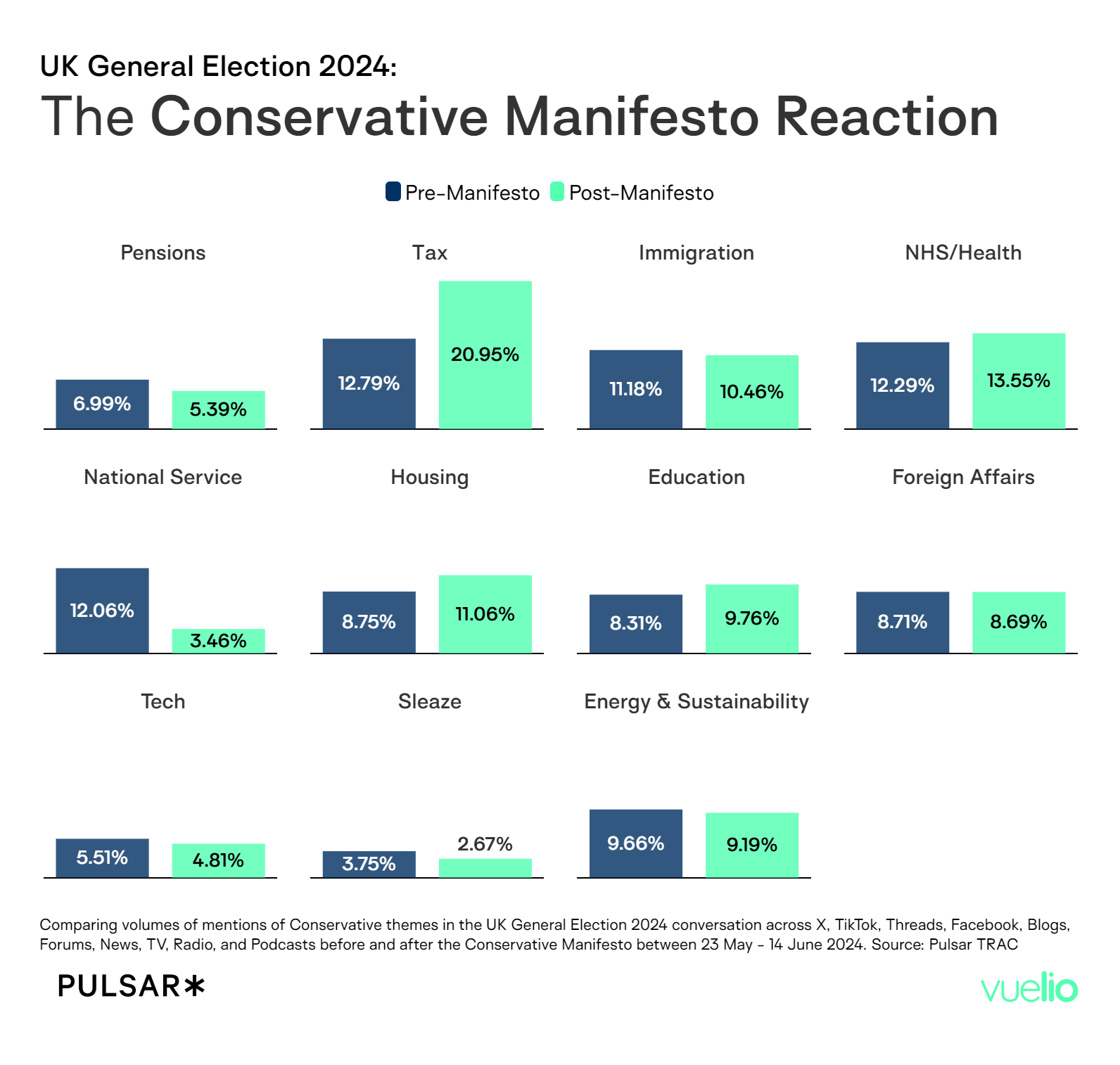Key developments from UK policy and politics in 2024
As we step into Christmas and the New Year, the Vuelio Political Team have been thinking and writing about the key developments that pervaded UK policy and politics in 2024. Here is our overview…
Treating the NHS
Helen Stott, Policy Researcher
Wes Streeting’s first act as Health Secretary was to make a speech declaring the NHS ‘broken’ and to commission Lord Darzi to conduct an investigation into its current state. Darzi’s review was published a few months later and, perhaps unsurprisingly, he laid the blame for the NHS’s decline squarely at the fault of previous Conservative governments. Darzi claims that although the health service is still suffering the effects of COVID-19, it was severely weakened going into the pandemic as a result of years of underfunding. He was also critical of the reforms introduced by former Health Secretary Andrew Lansley in 2012.
Having diagnosed the problem, the Government is now tasked with delivering the treatment. Prior to the election, Labour made it clear that their plans for the health service would rely on three key shifts; firstly a shift away from hospitals and to delivering more care in community settings such as general practice, local pharmacies, and community mental health services. Moving ‘downstream’ is crucial to Labour’s second goal, which is to shift towards a more ‘preventative’ model. The argument is that as the UK faces an aging population with more complex health needs, the only way to stop health costs from spiralling out of control is to get better at early intervention or even preventing ill health from occurring in the first place. This ties in with the Government’s public health ambitions, and their intentions to introduce stricter regulations on junk food. Finally, the first two goals will be underpinned by a shift towards digital, with an ambition to properly digitise the NHS and create electronic patient records, which will allow for proper coordination between different parts of the health and social care system.
The Government is currently in the process of consulting on their 10 Year Health Plan which is due to be published in spring 2025. There are still big questions about how much extra funding the NHS can expect to receive in order to deliver the plan, and about what the Government’s ambition to create a National Care Service will entail.
Planning reform goes top of the priority list
Ellie Farrow, Junior Policy Researcher
Last week, the Government published an 82-page National Planning Policy Framework report outlining its plan to ‘overhaul planning rules’ in order to fix the so-called housing crisis and enable the building of 1.5 million new homes by the end of the next Parliament. The revised framework reintroduces mandatory targets for councils, prioritises brownfield sites, introduces ‘golden rules’ for development on the green belt, and offers additional funding to local authorities’ to aid this transition.
Following this, the ONS released figures showing that the economy had shrunk in October; notably the figures revealed zero growth in the services sector, with manufacturing and construction declining at a pace of 0.6% and 0.4% respectively. This perhaps comes as no surprise to some who have repeatedly expressed concerns for the labour shortages in the sector, the Royal Institution of Chartered Surveyors (RICS) has consistently argued that there is a growing gap between the demand for infrastructure development and the available workforce.
In addition to these concerns, under the new plans, councils in England will no longer have the power to contest developments. Instead, planning is to be centralised – or ‘regionalised’ – leading to a disempowerment of local planning offices and committees. These changes, however, came just days before the Government’s much-anticipated English Devolution White Paper. As of this week, the Government has published their English Devolution White Paper which promises to deliver a ‘permanent shift of power away from Whitehall and into the hands of those who know their communities best’. Whether this tallies with centralising planning laws is yet to be seen.
The devolution ‘revolution’
Jennifer Prescott, Political Services Team Lead
In the first week after Labour’s election victory, Keir Starmer and Angela Rayner met with England’s 12 metro mayors to confirm their longstanding intention to expand devolution, promising to ‘deliver the most ambitious programme of devolution this country has ever seen’. The devolution agenda is the first of Labour’s five missions to kickstart economic growth and has been set out in their English Devolution White Paper, published on 16 December. The paper pledges a ‘devolution by default’ approach and outlines its ambition to establish ‘strategic authorities’ (of 500,000 or more residents) covering the whole of the country, meaning that borough and district councils will be abolished. Chair of the District Councils’ Network Sam Chapman-Allen called the move the ‘opposite of devolution, taking powers away from local communities’. Similarly, one council leader in Sussex – an area that has recently submitted an expression of interest in devolved power – called it a ‘death knell for local democracy’. However, the Government’s intention behind the plan to favour larger, combined authorities is to give cities and regions ‘a bigger voice’.
Mayoral strategic authorities will receive consolidated funding pots for housing and planning, transport, skills, and employment support, with the Greater Manchester, Liverpool City Region, North East, South Yorkshire, West Midlands, and West Yorkshire combined authorities being the first. While the Local Government Association welcomes the transfer of powers and money to local leaders, it said it ‘cannot distract from the severe funding pressures that are pushing local services to the brink’. Given the proximity, it’s unclear how pivotal yesterday’s Local Government Finance Settlement will be for the viability of local authorities.
The Government will shortly set out its Devolution Priority Programme aiming to deliver inaugural mayoral elections in May 2026. Discussions have been had with places including Cheshire and Warrington, and Norfolk and Suffolk, and places on the Priority Programme will be confirmed in January.
The post-16 education and skills landscape
Michael Kane, Policy Researcher
A 2023 report by the Education Committee demonstrated the complex nature of the post-16 education and skills landscape – significantly, this simply reiterated the same point that had been made before by the Independent Panel on Technical Education in 2016 and the Wolf Review in 2011. 2024 saw the continuation of this complexity. At the start of the year, then Prime Minister Rishi Sunak was pursuing his plans for an ‘Advanced British Standard’, a plan to, in essence, combine A Levels and T Levels, see every student study ‘some form of maths and English to age 18’, and defund alternative qualifications such as BTECs.
Labour’s election complicated matters: Sunak’s Advanced British Standard was scrapped and derided as unfunded by the Chancellor, and less than month into Government, Education Secretary Bridget Phillipson announced a ‘short review of post-16 qualification reforms at level 3 and below’. The culmination of this review in December saw the Government largely renege on the previous Government’s plans for widespread defunding as they announced that 70% of courses previously earmarked for defunding would stay. Considering the importance of getting post-16 qualifications right for addressing ameliorating skills gaps and productivity levels in the UK economy, the Government may choose to buck the trend of complexity and give the education sector certainty in 2025. With this in mind, the Government’s manifesto promise to publish a long-term strategy for post-16 education is one to look out for.
Clean energy by 2030, not 2035
Laura Fitzgerald, Policy Researcher
Labour’s election brought with it promises of change for the UK’s energy landscape. Both in the lead-up to – and post – election, Labour have been vocal in Labour’s ambitions to make the UK a ‘clean energy superpower’ and target of clean power by 2030. This target, five years earlier than their Conservative predecessors, will be no small feat, but one that the Government insists is achievable. Last week saw Labour publish its Clean Power 2030 Action Plan detailing the steps to build a clean energy system, and one that benefits both the consumer and environment alike. It includes reforms to the grid connection and renewable auction processes, and pledges to ‘unlock billions of investment’ a year.
Energy UK’s CEO Dhara Vyas welcomed the changes to accelerate the planning process and enable the development of critical infrastructure, as did Friends of the Earth who said that the plan will be instrumental in creating green jobs, lowering bills and protecting the planet. The plan is not without its sceptics however. The Shadow Energy Secretary Claire Coutinho, who has largely defended the net-zero scepticism of the previous Government, expressed concerns about whether a clean energy system would lower household energy bills. Speaking in an interview with Energy Secretary Ed Miliband, Nick Robinson also shared some public concern that a clean energy system may lead to blackouts with renewable energy sources often subject to some variability. With 2030 just under four years away, both sides can agree that the scale of the task is significant and will require bold action if the clean energy target is to be met.
2025 and beyond
Given the holistic nature of policy, the key developments that pervaded 2024 will likely feed into 2025. With this in mind, if we are to comprehend the issues that may grasp the machinery of Government in 2025, we have to understand – were they were conclusively grasped before?
For regular updates on what is happening in UK politics and public affairs, sign up to our fortnightly Point of Order newsletter, going out every other Thursday.

